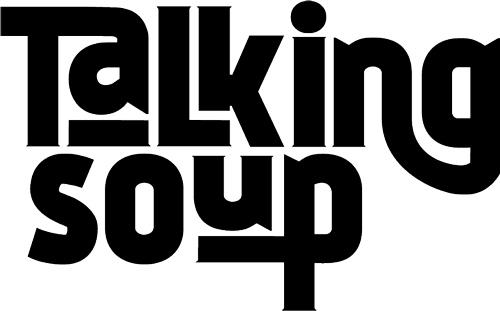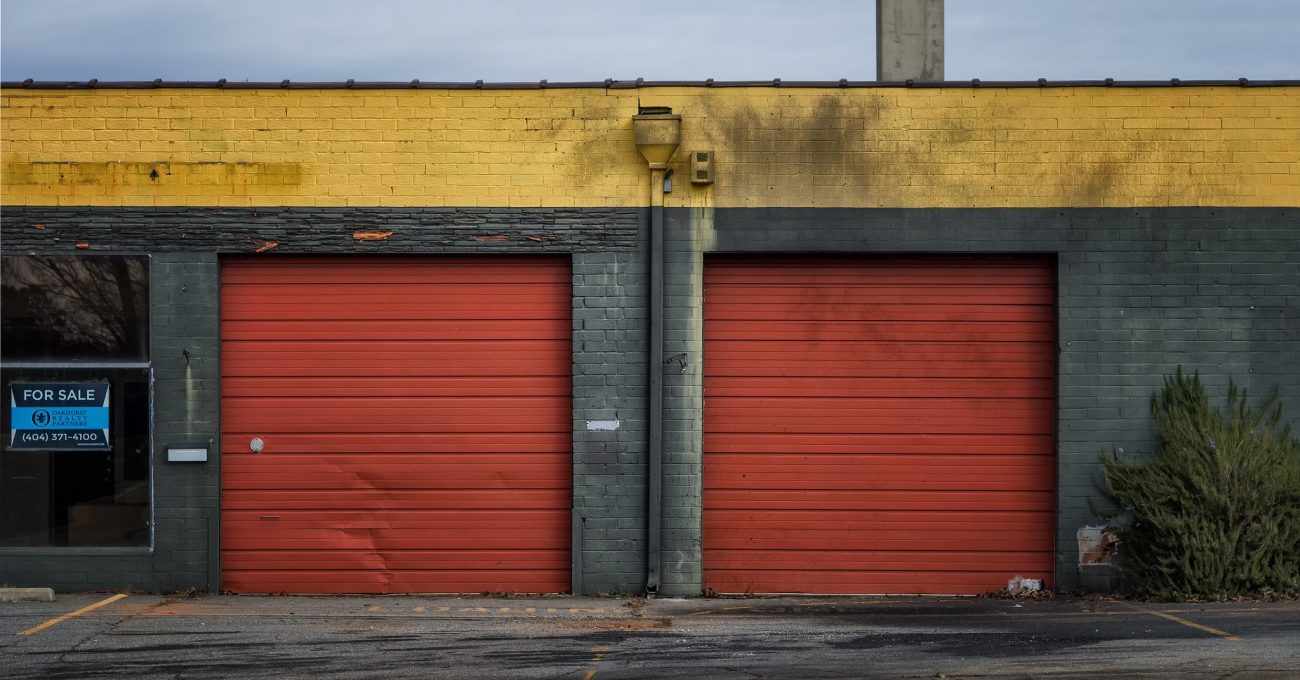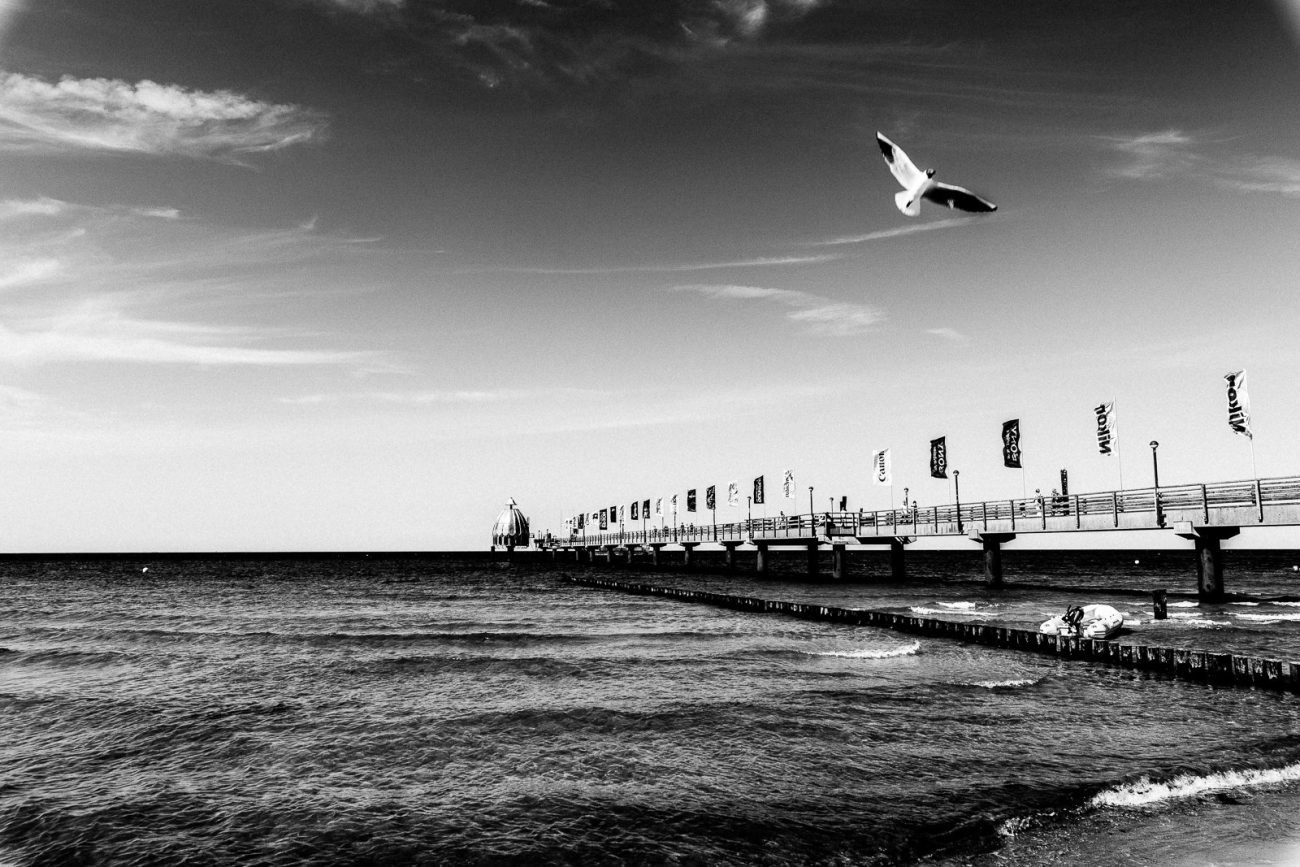“You know, I reckon they’re hyping it up. Hardly anyone’s come in with it this week.”
They were not talking Covid-19 very seriously at that point. Or at least they weren’t in Accident and Emergency; the ambulance crew had bothered with some cursory questions about persistent coughs and temperature before deciding not to leave me at the scene. It was, after all, a full week before a national lockdown was declared, so who was to know that this was a big deal?
Whether the first pandemic denier I encountered was a doctor or nurse I cannot say, given my head was rigidly strapped to a stretcher as precaution against spinal injury, but it is unimportant. Yes, I had massive concussion, but it was said. The start of a killer tsunami of unsolicited opinions.
It was the provinces. There are provinces and there are provinces and this was the latter – the east wing of the middle belt of England that nobody talks about, let alone visits. This doesn’t explain everything, but it does some.
All of this is relevantly irrelevant. There had been a smash-up. Vehicle-on-vehicle violence after one of those standard blackouts that occur on the tail end of a concerted period of serious depression within an era of ambient depression. It was perhaps that drift back to ambience which provided the danger, a dark elevator muzak, only in a car, propelled by me.
The received wisdom apparently offered up by my brain, lulled as such, was that everyone knows that you can slip neatly from cruising straight on a B-road to right-turning onto A without so much as looking if there’s anything coming. Then it told me I was going to die. Then the right side of my body was treated to the hitherto-unexperienced phenomenon of long wheelbase van smashing into it at around 60 miles per hour. Sucker.
Annoyingly, I’d been driving better than usual, navigating some tricky single-trackers, as part of my phone navigation’s devious strategy to test me, godlike. Doubling down on the annoyance, I was about two miles tops from the end of a 200-mile schlep from one nowhere to another. The overarching question as to why I, or indeed anyone, was journeying around the country in the name of business at this point, without so much as a face mask in a pocket, is difficult to explain with retrospect. Let’s just call us oblivious research participants testing the theory of herd immunity.

Fear of death only works well as a means of anxiety-induction at anything over the medium term. In the moment of what appears to be certain and imminent elimination, there is only radical acceptance – many leagues more relaxing than a persistent phone call from an unknown number. I’m not saying that it came as something of a disappointment that death failed to show up, but at the very least it was like being dragged out of a little nap in a warm bath to a dunking in ice water.
I cannot confirm lapse into unconsciousness or otherwise, only that I came to the abrupt and highly clichéd hope that it was all a dream. The wake up to sweats and relief belligerently refused to come. I was forced to grudgingly embrace the searing tinnitus, broken windows and the door being much tighter to me than before. All the other narratives of the multiverse had let me down by not letting me actively experience them, rather than taking stock of this as the only shitstorm in town. Hard realisation of your lack of freedom of choice is more annoying than enlightening.
The first priority upon coming to a stop and senses was one of entertainment preference. I switched off the radio, still on and tuned BBC 6 Music, specifically Oh Bondage! Up Yours! By X-Ray Spex, which I must have subconsciously noted does a great disservice to seatbelts. What might have worked? Definitely Cars. Gary Numan, it turns out, was right to feel safest of all in there, even if he’s been wrong about many other things subsequently. Definitely Airbag. Inventions only put to use in a crisis don’t generally get the credit they deserve – many would acclaim smart speakers and toasted sandwich makers before Hetrick and Linderer’s inflatable sack of life.
Concerned strangers lurched towards the passenger window with a panicky spirit of benevolence. There may have been some advice offered to stay where I was, round about the time I began an uncoordinated clamber over the gear stick. Ringing ears and general obstinacy are a powerful duo. The sound of petrol gamely puddling out of the van accompanied vague wisps of smoke may explain why the good Samaritans were not overly insistent that I stayed in-situ.
So much glass on the road the great ballroom chandelier in the sky might well be presumed to have fallen at the height of an orgy of the divinities, if you didn’t know better. Parts that didn’t look like they fit either vehicle were nudged by slowly passing rubberneckers. There were skid marks and fluids and a wall in front of my car that I didn’t hit. Nobody died. Nobody even broke anything. Repetition, for emphasis: airbags are a top invention.
I touched my head and touched it again to make sure. No blood. No huge shards of glass hanging out of parietal bone that those in attendance were too polite to mention. Time leapt by, bringing flashing lights and many more people cringing at the state of things achieved by avoidable actions.

Hollywood has tried to convince us that the connections made amongst mangled metal can endure, for better or worse – but these are exceptions sold as rules. I didn’t even catch the name of the van driver, who seemed much more put out by the abrupt interruption to a working day than near-acquaintance with finality. I imagine the main thing he remembers of me is that I wasn’t from round there. My evident emotional fragility seemed to chip away at his initial incredulity at the act of proceeding forth in front of a faster moving vehicle. Not even worth kicking off with, this one. Doesn’t deny anything, nothing to work with. Nut-job, probably.
This being England, I was badgered to answer the insurance questions before those of the police. Their lines of enquiry were similar enough to double up, but they adhered the faux-boundaries which purport to keep the civil and the criminal at safe distance. I admitted everything of the nothing I knew. One good Samaritan, a school administrator from Nottingham, gave me his business card.
I shifted from tears to ironic detachment in the ambulance – I’d become reasonably used to the former of late; the latter is second nature. I was lucky, said the paramedics, not because I’d walked rather than been cut out of a concave car, but it was a quiet day at the office, so I was going to breeze on in. What you couldn’t yet attribute to pandemic panic you could to low population density. There was abundant reason to doubt whether they ever had days that might inspire an episode of Casualty.
Other than expressing their views on the great coronavirus non-event, there was very little forthcoming from medical staff that could be considered banter. I was largely ignored for several hours after the initial pokings had suggested little risk of imminent loss of brain or cardio-vascular function. Splattered and smashed things, they’re the games, calling for raised voices and the restorative clang of tools. Secular miracles of sound engineering and straight-up luck are boring. I had moved from having the look of someone very apt for A&E admittance to a fraud with heavy bruising and shock. Shock? Nothing shocks us, mate.
A frisson of peril came just after having my head released from bondage and before being unceremoniously pointed to the taxi rank. The scans found shadows on your liver, it’s probably nothing to worry about, take it up with your local MRI scan provider. As it turned out, more fraud. A few months down the line, tests in a bomb-scare empty hospital revealed benign lesions, apparently standard wear and tear. Your body will slowly mash itself up without any outside interference.
Don’t be depressed, they say when you’re depressed. Time your future blackouts for when not in control of moving machinery, I say when I’m not. There are unlimited choices in the free market of ideas, with the best sure to win.
I have entertained the possibility that what happened may have been the suicide attempt that did not know itself, or perhaps hiding in plain sight in an outfit bearing the convincing branding of road traffic accident. Is it really an accident if you can’t explain your mistake? Such ponderings are, however, bollocks. I overthink. It’s neither big nor clever. Plus, it definitely wouldn’t be my method of choice – far too many variables. It’s a preference very much proven out: if a two-tonne vehicle arriving at speed directly into drivers’ side is far from a guaranteed way out, then way outs are not all that easy to come by.
There may be a more benignly radical take-home than my immolation conspiracies. In the same way that depressives should not be trusted to do sensible supermarket shops, perhaps they cannot be trusted behind the controls of a tonne of metal, plastic, glass and rubber, at least not over long distances. Let’s say we get the sign-off for 150 miles and under, with anything beyond considered a road trip and thus mandated to be completed at least two-handed.

I got back in a car within days. If there was an option to not have to make any more right turns, I’d take it. There still remains the ectoplasm of ghost vans in my peripheral vision; I’m liable to pause at junctions in a state of heightened awareness that goes far beyond cautious motoring. I was recently rear passenger in a vehicle when my seat offered a better vantage of traffic oncoming from the right. We remained static for what seemed like long enough for insects to turn over several generations.
I was charged with no offence. An insurance rep surveying the damage seemed fairly incredulous that they were talking to the person that drove the vehicle they were looking at to its demise. My boss was delighted that said insurer valued the vehicle at more than they originally paid for it. One’s misfortune, another’s dividend.
The roads have been quieter over this best part of a year – a fact that carnage has no respect for. Statistics have shown serious motoring accidents on the rise during the pandemic, as people speed, drug themselves and generally embrace the spirit of oblivion behind the wheel. A heightened presence of death will prompt many to double down on their innate feelings of invincibility.
It would be great to be able to say I was in some way reborn that day. For a few days after being stood up for a game of ping-pong with death, a friend referred to me as Gary 2.0. If it felt like a small badge of honour at the time, it quickly reduced in status as the year of strife and reset ground many of us into some sort of second edition. We’ve all had a blackout which we couldn’t have timed better or worse. Much has changed outside; little has changed in here. We’re more concrete than elastic.
I found no heavenly messenger and they didn’t hunt me down, all indignant, demanding a cap-doffing for their intervention. Even if I had the initial vigour of the saved, within a week it had nowhere to go. Should there be a purpose which requires fulfilment on the back of my salvation by hidden forces, I’m pretty sure it isn’t to watch great swathes of films I’d only previously semi-considered watching, or write this piece. I do not own a car at present. I do have several reusable face masks.
Cover image courtesy of Vladimir Agafonkin via Flickr
Gary W. Hartley is from Leeds, but has been about a bit. He used to co-edit The Alarmist magazine, has a book of poems out on Listen Softly London Press, and is good at reaching objects on high shelves.








